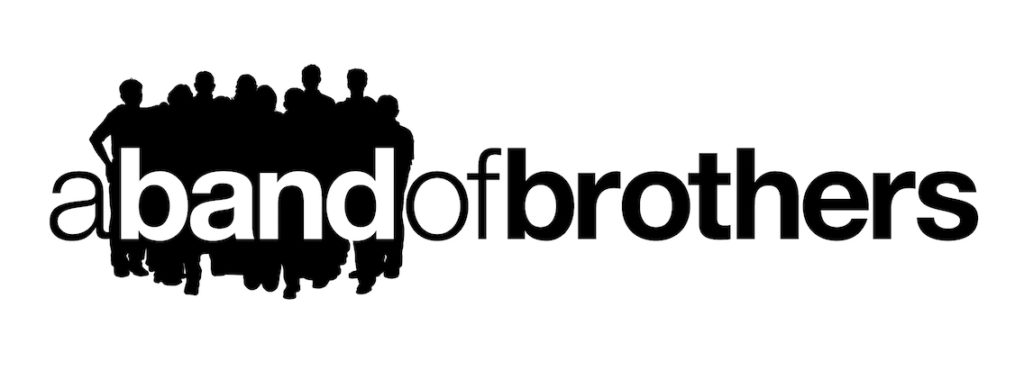
Jonathan Foxton
Jonathan Foxton, 50, mentor, Brighton.
What attracted you to abob?
I joined nine years ago through Mark Nightingale who is now Head of Mentoring. We were doing a Non-Violent Communication group in Brighton for a few years, which went pretty deep. It was incredibly useful but on one occasion – shortly after I’d just become a father and was overwhelmed as many first-time parents are – I got angry with one of the group members who kept interrupting and speaking over me, eventually telling everybody to get out (me and my partner were hosting the group in our home). Most of the group got triggered and didn’t feel safe with me after that but Mark got in touch a month later, owned his projections, that in that moment I’d become his abusive stepfather. He then invited me to do an abob weekend. He also said that I’d make a great mentor and that I’d get a lot out of it.
How was that weekend?
I was really triggered by other men’s work. I went straight back to the playground. I could hardly bear to be there at all. I tried to leave and was convinced they were a load of macho pricks. I was angry. Fortunately, Mark simply said to me – go back into the tent and tell them that. I went back in, got what I needed and my life changed forever.
What did that mean to you?
I’d always viewed men as threat or competition, mostly subconsciously. If I’d walked into a room full of women, I’d be fine, but men, I’d be very uncomfortable. Over this weekend, I started to learn to trust men.
When I went back into the tent with all that anger, I was met with care and questions about what I needed. Men made it clear that they were here to serve me. I went on to do a lot of work around anger.
I wasn’t ready to do much integration work on that first weekend, that came afterwards. This work allowed me to form a conscious and productive relationship with my anger.
Could you tell me about your background?
I come from Pontefract, a mining and market town in Yorkshire. My mother got cancer and died when I was ten. My dad went on a mission to try to save her – at one point flying her to Mexico for a blood transfusion but she died. Fortunately, I had two sets of grandparents as well as my dad, to help bring me up. One of my grandmothers infused me with a love of literature and art. I went to art college but I ended up taking drugs to numb and avoid the sadness over my mum’s death. I spent six months in prison for supplying cannabis.
For me, it actually worked well to be in prison. I got time to think about what I was doing and when I left, I got into music production and set up a recording studio and workshops for young people. But I was still in the grip of addiction and leading a hedonistic lifestyle.
So I found myself receiving the gift of desperation at 30, and that’s when I found the 12 Steps which was the beginning of my healing journey. I also found a partner and had two kids in that time. Doing 12 Steps led to more personal development work and self-reflection then ultimately to abob.
What did abob bring you?
It changed the way I viewed men and therefore myself. Since I was a young man, I was suspicious and distrusting of men. Abob have helped me trust men. We have each other’s backs in Abob
How about mentoring?
I started pretty much straight away. I was lucky because I was mentored by incredible men in Brighton near the beginning of abob. And then I went on to mentor young men.
I’m also a builder by trade and went on to employ and work with a lot of the young men that came through our weekends in Brighton.
Did you take on responsibilities with abob?
Yes, I took on roles like the Education and Training officer and was Brighton’s conductor,
Along with becoming a fully certified weekend leader, mentor trainer, engagement lead and also national council representative.
How do you feel the future re abob?
I really care about the structures and quality of what we do in abob so I see my role as very much supporting those. The way we do what we do – is very important.. Ideally, I’d like to have an Abob circle of elders in every town.
